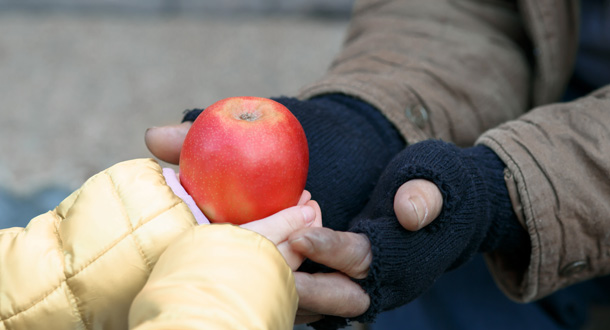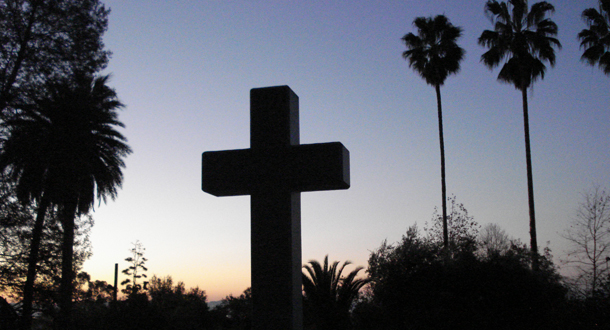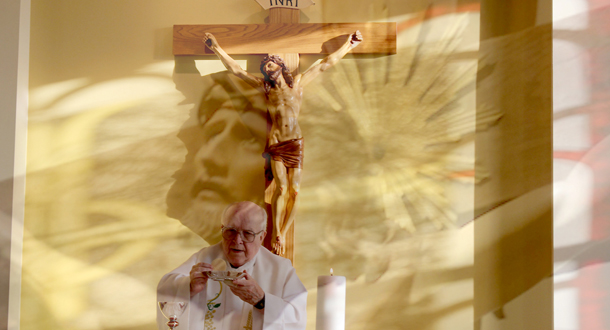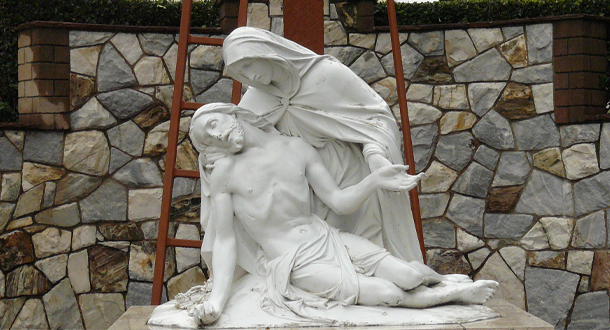 Scripture:
Scripture:
Reflection:
This reading from St. Luke’s Gospel is one of the most challenging of the New Testament. Does Christ really expect his followers to surrender every attachment, human and material, for Him?
Reflecting on this challenge, I am not so sure I could easily, if called on, sacrifice my wife, family and friends. After all, I am called to the Sacrament of Matrimony and I have important ties to a host of other people.
As our prayer life evolves, with regular, sacred time every day to be alone with God, we can gradually develop a simpler life, a deeper life and a more authentic life in which our relationship with God becomes energizing, centered and primary in our life.
Reading the letters between Blessed Franz Jagerstatter (1907-1943) and his wife Franziska, we understand how the power of a close relationship with Christ must supersede all other loyalties. Blessed Franz was a young Austrian farmer with three daughters. His strong faith led him to conclude, contrary to his bishop and pastor, that cooperating with Hitler was morally wrong.
When drafted to fight in the Nazi army, he refused, was imprisoned and sent to the guillotine. He asked the question of himself, “How good a husband and father would I be if I chose to conform to the expectations of my society over the teachings of Jesus?”
In a world that urges us not to miss out on the latest this or that, and prioritized success, achievement, going along to get along, we must chose Christ.
Praying over today’s Gospel will no doubt be unsettling for many. Taking inspiration from Christ’s Passion and the passion of martyrs like Blessed Franz, can lead us to a stronger faith which relies, in the end, totally on Christ.
Two excellent books on Blessed Franz are Solitary Witness, by Gordon Zahn and Franz Jagerstatter: Letters and Writings from Prison, edited by Erna Putz.
Jim Wayne is a board member of the Passionist Solidarity Network (PSN), and author of The Unfinished Man. He lives in Louisville, Kentucky.

 Scripture:
Scripture: Scripture:
Scripture: Scripture:
Scripture: The Commemoration of All the Faithful Departed
The Commemoration of All the Faithful Departed Solemnity of All Saints
Solemnity of All Saints Scripture:
Scripture: Scripture:
Scripture: